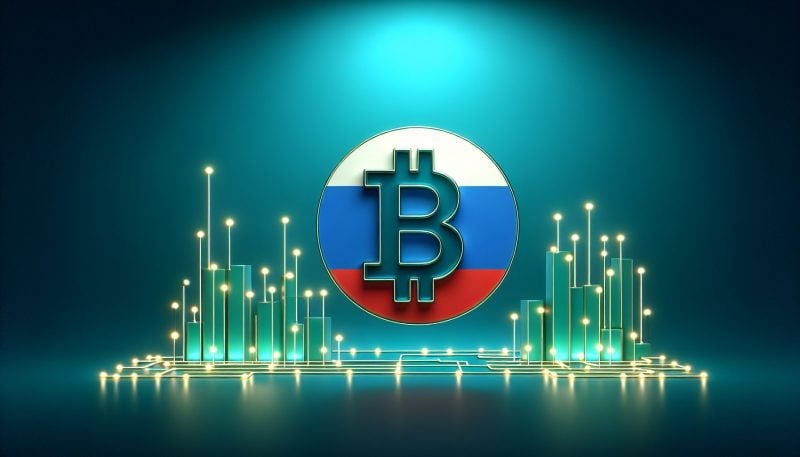
Russia plans to set up crypto exchanges to support global trade
The new exchanges aim to enhance BRICS economic cooperation.
Russia is considering setting up at least two crypto exchanges in a bid to boost global trade, according to a new report from local media outlet Kommersant, citing a source with knowledge of the matter. The target locations for the new exchanges are Moscow and St Petersburg.
The report says that the creation and operation of these exchanges would be governed under an experimental legal regime, as existing laws do not clearly address the functioning of crypto exchanges in the country.
These hubs will initially serve a select group of users, particularly subsidiaries of “blue chip” companies, the report notes. Small and medium-sized enterprises and individuals are unlikely to have access in the first phase.
As noted, one of the key ideas behind these exchanges is to create stablecoins pegged to the Chinese yuan and a basket of BRICS currencies. However, there are challenges related to the legal nature, convertibility, liquidity, and technological implementation of these stablecoins within the Russian blockchain system, the report explains.
Skepticism about adoption and sanctions risks
Nikita Vassev, founder of TerraCrypto, is skeptical about the adoption of the new exchanges, as well as the use of stablecoins.
“Those who have a choice will not trade convenient platforms developed by the best developers over the years for domestic platforms,” Vassev noted.
“The same goes for stablecoins. They will only be used by those who have no other choice. The only scenario in which a market participant would use a domestic platform is out of desperation,” he added.
Experts also warn of major risks associated with those exchanges, particularly the possibility of transactions being tracked and added to sanctions lists, which could lead to the blocking of transactions and loss of trust in these platforms.
Russia is actively advancing its crypto landscape after President Vladimir Putin signed a law legalizing crypto mining in the country earlier this month. Under the new regulations, registered legal entities and individual entrepreneurs are allowed to engage in mining activities.
While there are proposals to restrict non-Russian crypto operations and limit the creation of crypto exchanges, the legislation does not outright ban crypto. The initiative to open domestic crypto exchanges signals a major step in its efforts to integrate crypto into its economy, with a focus on establishing a controlled framework for crypto activities.
